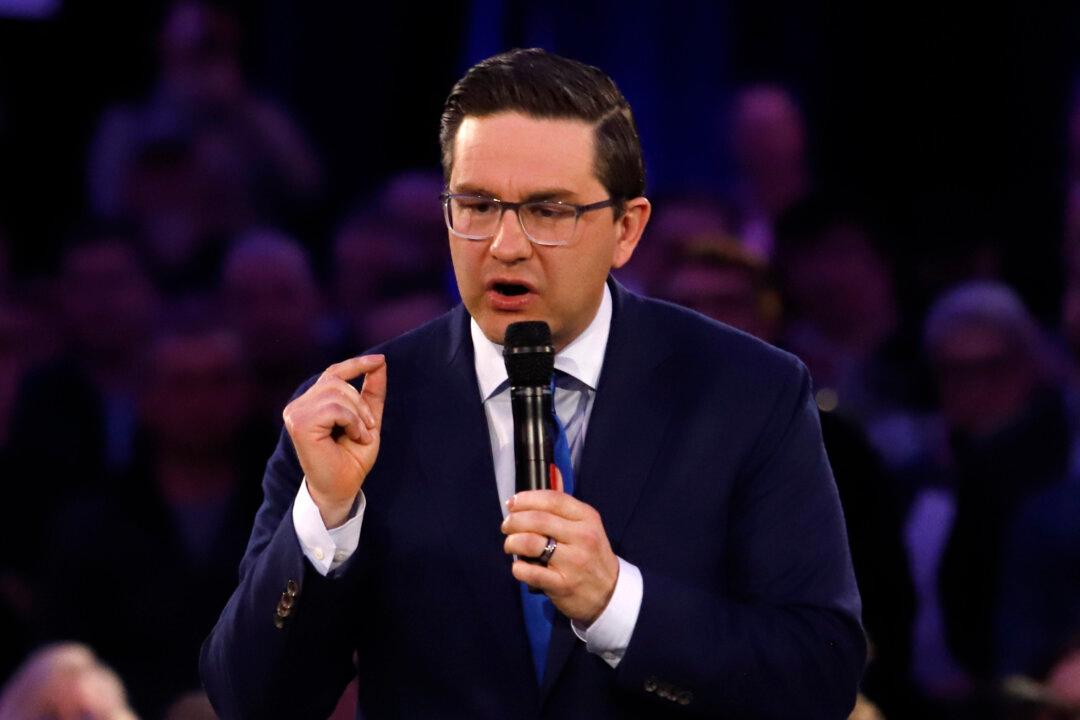Conservative MP and leadership candidate Pierre Poilievre was asked at a recent campaign stop what he would do about the case of Tamara Lich, who is in jail for charges in relation to her role as a Freedom Convoy organizer.
Former Iranian political prisoner Salman Sima, who took refuge in Canada in 2011, posed the question to Poilievre and shared their interaction in a video on Twitter on July 20.





